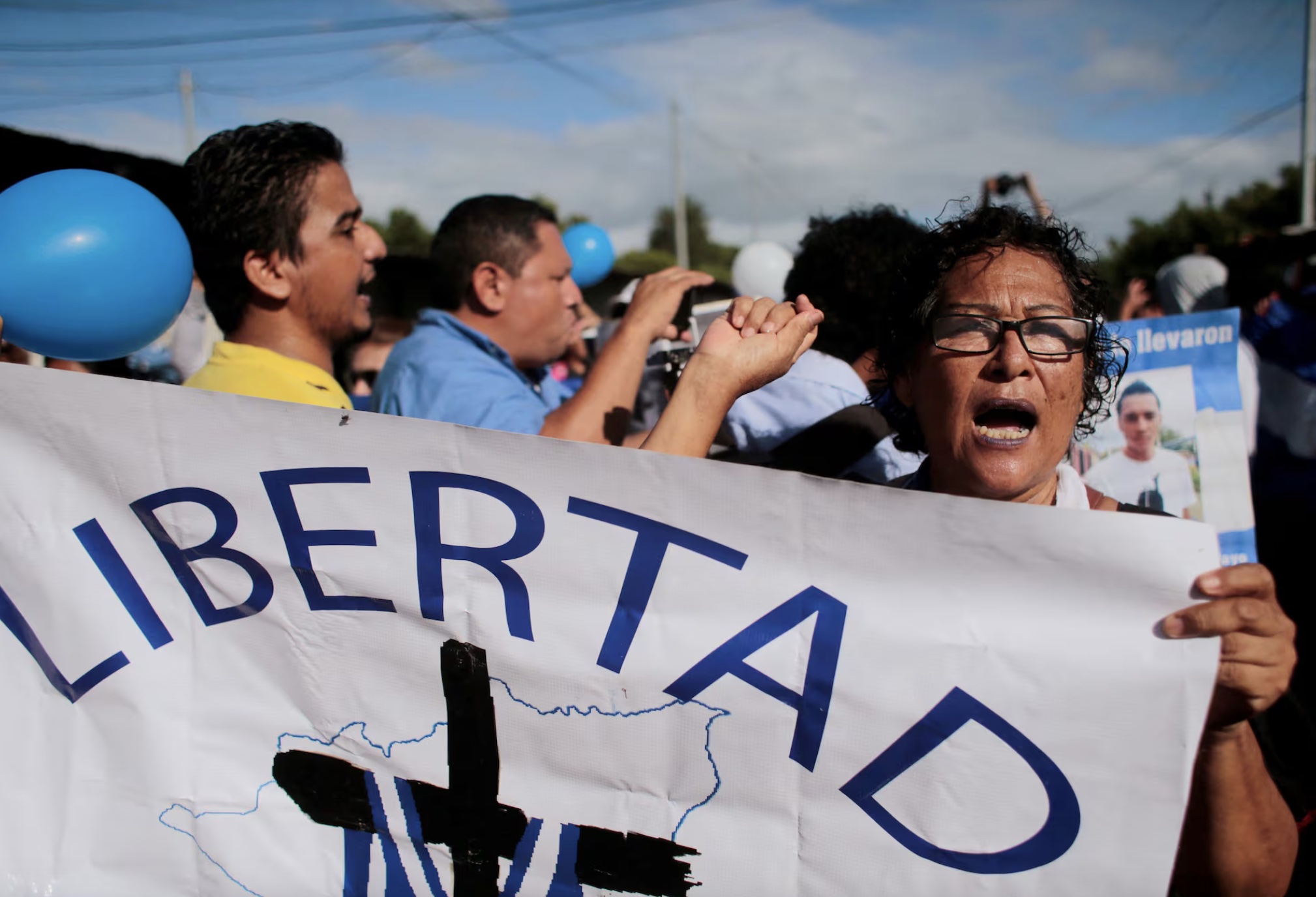1. Introduction
The American fascination with the K-1 visa process is strong, as TLC recently expanded its successful franchise, 90 Day Fiancé with two new spin-offs. This is in addition to the several successful spinoffs TLC has already released throughout the years.[2] And most recently on April 10, two additional spin-offs were announced: 90 Day Fiancé: The Other Way and The Family Chantel.[3] But what happens when a visa holder’s Happily Ever After is not so happy? More specifically, what happens when an K-1 visa recipient is a victim of domestic abuse?
2.K-1 Visa
A K-1 visa is for the foreign-citizen fiancé of a United States citizen. This allows the foreign-citizen fiancé to travel to the United States. The foreign-citizen must marry their US citizen fiancé within 90 days of their arrival in the US. If the two do not marry, the foreign-citizen will then be forced to leave the United States.
- Process and Cost
The process of obtaining a K-1 visa is expensive and arduous. In brief, the process requires about a dozen forms and will cost approximately $2,325.[4] A more in-depth explanation of the cost is available in my previous blog post, at http://lawblogs.uc.edu/ihrlr/2019/04/05/comparing-k-1-fiance-visas-in-2015-and-2018-how-has-the-trump-administration-changed-love/?fbclid=IwAR0jY_kq2L5Wxp9kfnvjOaHNrzz4DedHUBA4HR4FnCJPcZMdJKhwmU2zpig
- Abuse and Violence
Non-citizens of the United States residing within the States are particularly vulnerable to abuse. Often, English is not the first language of non-citizens. K-1 visa recipients may have no ties to the US beyond their sponsoring spouse, and non-citizens may be unfamiliar with the laws of the United States. Because of this, K-1 visa recipients are reluctant to report abuse.
Unfortunately, no large-scale data exists for how often K-1 visa recipients experience domestic abuse. But there are stories of individual experiences. In his article published in the Brooklyn Law Review, Adam Horowitz tells the story of Ayana, an Ethiopian woman who experienced abuse at the hands of her American fiancé, Jason.[5] He used drugs in front of her children and financially abused the family.[6] In an article published by Pacific Standard, Arvind Dilawar tells Tatyana’s story of her time as a mail order bride.[7] Unfortunately, her story also ends in an abusive relationship with a much older man who lied about his age and physically abused Tatyana.[8]
More broadly, roughly 10 million people experience intimate partner violence every year in the United States.[9] The National Coalition Against Domestic Violence defines domestic violence as “the willful intimidation, physical assault, battery, sexual assault, and/or other abusive behavior as part of a systematic pattern of power and control perpetrated by one intimate partner against another.”[10] An American citizen who is in an abusive relationship can divorce their partner without worry of the divorce affecting their citizenship status. However, this privilege is not as easily afforded to a visa recipient.
3. What Can a Recipient Do?
The International Marriage Broker Regulation Act (IMBRA) requires that the United States provide foreign fiancés and spouses with information regarding legal rights of the spouses and the criminal and domestic violence history of the citizen partner.[11] When K-1 visa recipients are granted a visa, they are given a pamphlet outlining these rights. While all people in the United States are guaranteed protection of civil and criminal law, many immigrants are unaware of what these laws are. The pamphlet lists available legal remedies for K-1 visa holders who are abused by their sponsor:
- The right to obtain a protection order for you and your children.
- The right to legal separation or divorce without the consent of your spouse.
- The right to share certain marital property.
- The right to ask for custody of your children and financial support.[12]
While these options are helpful in protecting the fiancé directly subsequent to the abuse, it will likely void the K-1 visa as the marriage must take place 90 days after the fiancés arrival. If a fiancé is a victim of domestic violence, there are three ways they may apply for a new legal immigration status for themselves and their children.[13] The first option is a petition under the Violence Against Women Act (VAWA).[14] VAWA applies to all victims of sexual assault and domestic violence, not just women. The second is a cancellation of removal under VAWA.[15] The third and final is a U-nonimmigrant status (for victims of crime).[16] Each of these options has specific requirements, so not all of them are available to all victims.
The options available are not varied. An immigrant can ask to stay in the United States through the self-petition. This allows a victim to seek a green card and then ultimately apply for lawful permanent residence.[17] The cancellation of removal process is a little more difficult than the self-petition. Under the cancellation of removal, the immigrant must prove that they would suffer extreme hardship if there were not permitted to stay in the United States.[18] However, if the cancellation is approved, the immigrant immediately obtains lawful permanent residence.[19] The final option is changing the visa that the immigrant is on to a U-Visa, which would lead to the eventual application of a green card and finally lawful permanent residence.[20]
4. Discussion
- Problems and Other Solutions
While it is great that all of these options are available to a person in order stay in the United States, it is not enough. Often a K-1 visa holder is in the United States solely for their American citizen significant other. If the immigrant suffered abuse at the hand of the American, then the immigrant might want to return to their home country. While this does not require special permission from the United States, it can be prohibitively expensive. Since the immigrant cannot work while they are on the K-1 visa, it is unlikely that they would have funds available to buy an international flight. A program that would allow these victims to apply for a ticket to their home country would be beneficial and offer a more varied solution from the three available under VAWA.
5. Conclusion
The K-1 visa holder is a particularly vulnerable person in the American population. The holder is in a new country, might not fluently speak the language, is not allowed to work, and reliant on their significant other. Many things can go wrong, and once the United States grants the visa and the holder enters the country, it is the government’s job to protect the holder and mitigate wrongs that the holder might face. The VAWA did a lot to help the K-1 visa holder, but there is still work to be done. Studies to see how often K-1 visas are victims of abuse are lacking, and the solutions to help these victims should be more varied.
- 90 Day Fiancé, (Feb. 10, 2018), https://www.tlc.com/tv-shows/90-day-fiance/ ↑
- Rick Porter, ’90 Day Fiance’ Spinoffs, ‘What Not to Wear’ Revival Set at TLC (April 10, 2019) available at https://www.hollywoodreporter.com/live-feed/90-day-fiance-spinoffs-what-not-wear-revival-set-at-tlc-1200950 ↑
- CitizenPath How Much Does a K-1 Visa Cost? (2019) available at https://citizenpath.com/faq/k-1-visa-cost/ ↑
- Adam B. Horowitz, Giving Battered Immigrant Fiancees a Way Out of Abusive Relationships: Proposed Amendments to the Immigration and Nationality Act (2012) available at https://brooklynworks.brooklaw.edu/cgi/viewcontent.cgi?referer=https://www.google.com/&httpsredir=1&article=1134&context=blr ↑
- Id. ↑
- Arvind Dilawar, How Anti-Immigration Policy Spurs Domestic Violence, (August 10, 2018) available at https://psmag.com/social-justice/how-anti-immigration-policy-spurs-domestic-violence ↑
- Id. ↑
- National Coalition Against Domestic Violence—Domestic Violence Fact Sheet, (2019) available at https://www.speakcdn.com/assets/2497/domestic_violence2.pdf ↑
- Id ↑
- Information on the Legal Rights Available to Immigrant Victims of Domestic Violence in the United States and Facts about Immigrating on a Marriage-Based Visa, (2019) available at https://www.uscis.gov/sites/default/files/USCIS/Humanitarian/Battered%20Spouse%2C%20Children%20%26%20Parents/IMBRA%20Pamphlet%20Final%2001-07-2011%20for%20Web%20Posting.pdf ↑
- Id. ↑
- Id. ↑
- Id. ↑
- Id. ↑
- Id. ↑
- Id. ↑
- Law Offices of Carl Shusterman, VAWA Cancellation of Removal, (accessed May 2, 2019) available at https://www.shusterman.com/vawa-cancellation-of-removal/ ↑
- Id. ↑
- Victims of Criminal Activity: U Nonimmigrant Status, (accessed May 2, 2019) available at https://www.uscis.gov/humanitarian/victims-human-trafficking-other-crimes/victims-criminal-activity-u-nonimmigrant-status/victims-criminal-activity-u-nonimmigrant-status ↑


